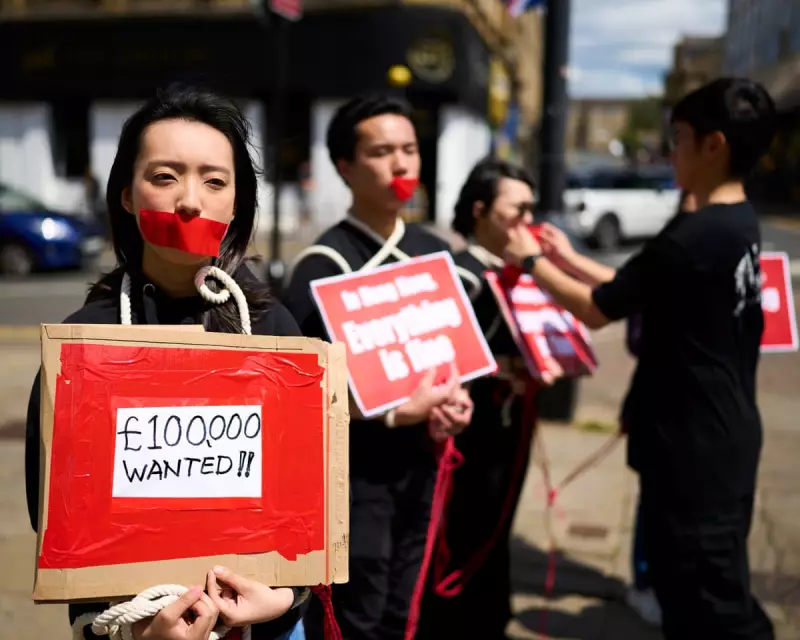
The British government is facing mounting pressure and diplomatic tensions as it contemplates reviving extradition arrangements with Hong Kong, a move that has sent shockwaves through the community of exiled activists living in the UK.
Growing Fears Among Exiled Community
Hong Kong dissidents who sought refuge in Britain now face an uncertain future as Whitehall officials quietly explore reopening extradition channels. This potential policy shift comes despite widespread concerns about the erosion of judicial independence in Hong Kong since China imposed its sweeping national security law in 2020.
"We thought Britain was our safe haven," one activist told The Guardian, speaking on condition of anonymity. "If these extraditions resume, we could be sent back to face political persecution for simply expressing our views."
Diplomatic Tightrope Walk
The UK government finds itself walking a diplomatic tightrope, balancing its commitment to human rights against complex geopolitical considerations and trade relationships with China. Foreign Office insiders acknowledge the sensitivity of the situation, with one source describing it as "one of the most delicate diplomatic challenges we've faced in recent years."
Legal Experts Voice Concerns
Human rights organisations and legal experts have raised serious questions about the potential consequences:
- The risk of political prisoners being extradited to face questionable charges
- The precedent it would set for UK-China relations
- The message it would send to other authoritarian regimes
- The potential violation of international human rights obligations
Prominent human rights lawyer Sir Geoffrey Bindman warned that "any extradition agreement must include ironclad protections against political persecution."
What Comes Next?
As discussions continue behind closed doors in Westminster, the exiled Hong Kong community watches with growing anxiety. Many who fled what they describe as increasing political repression now wonder if their hard-won sanctuary in Britain might be compromised by diplomatic realpolitik.
The coming weeks are likely to see intensified lobbying from both human rights groups and business interests as the government weighs its decision—a choice that could redefine Britain's position on human rights in an increasingly complex global landscape.





